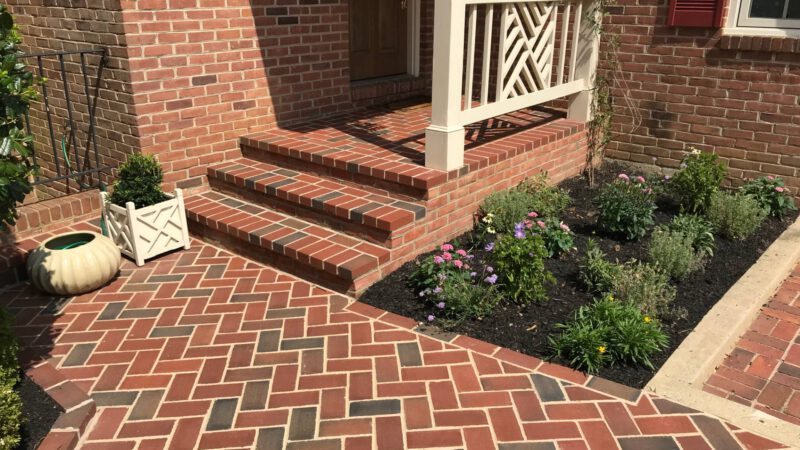Benefits of Hiring a Residential Masonry Contractor
A residential masonry contractor can provide high-quality masonry work for your home. If you want to redo the brick on your house or install a fireplace, you might need a professional to do the job. There are many options for remodeling a home, and you may find yourself overwhelmed by all of the choices. However, a residential masonry contractor can handle a wide variety of projects and make your project a success. Listed below are some of the benefits of hiring a residential masonry contractor.
A great masonry job is essential for a dream home to look beautiful and durable. A correctly done masonry job will show through in the final appearance of the house. If you’re looking for a company specializing in masonry work, Masonry Charleston can meet your needs and provide quality artistry at affordable prices. You can count on their team for an experienced residential masonry job that will last for decades.
The beauty of bricks can’t be overstated. Not only do they add texture, color, and style to your home, but they also anchor the home with a weighted material. Plus, a well-done job can increase the value of your home. You’ll be happy you did. If you’re a homeowner who’s been dreaming of a home made from brick and stone, consider hiring a mason to help you with your next project.
Brick and stone are some of the most energy-efficient types of masonry. Full bed bricks are the highest-rated types for energy-efficiency, and thin bricks are second-best for energy-efficiency. In addition to being energy-efficient, brick and stone require little maintenance, compared to other materials. Moreover, brick and stone last for a long time. Compared to stucco and vinyl siding, brick and stone are aesthetically pleasing, as well as highly functional.
The benefits of masonry are numerous. Stone is the oldest type of construction material, and can be used as walls or walkways. Bricks were later developed and came after stone. Bricks are made of clay and sand and are then stacked. They are then covered in mortar, which speeds up the process. Lime-based mortars were commonly used before the 19th century, but modern mortars are much more advanced and have added ingredients.
Unlike other types of construction materials, masonry can add grandeur and beauty to any home. Because masonry construction involves heavy materials, they cannot be transported in conventional vehicles. They need to be ordered in specialized catalogs. It is also important to consider the foundation of masonry structures, as a cracked foundation can cause moisture to enter the structure, causing it to fail to be structurally sound. If the foundation has cracks, the building may not last long enough to withstand the stress it puts on the walls and foundation.
Experienced masons are essential to the success of any project. A mason should have a good eye for symmetry, as natural materials have irregular sizes and shapes. He or she should be able to apply the necessary skills to a building’s structure and abide by the relevant building codes. For example, a mason should have carpentry skills in order to construct forms for openings, and structural steel to install lintels that support the masonry walls.
Stone masonry is one of the most durable types of masonry. Because of its high strength, it is an excellent choice for buildings that experience high foot traffic. It is also weather-resistant, making it ideal for buildings with heavy traffic. Bricks are also lightweight and easy to handle. Unlike stone, bricks have a low resistance to tension load, and they are less durable than other types of masonry. Bricks are also limited in size and color, and finishing requires plasterwork, which can raise the cost of construction.
Concrete masonry is another option for exterior insulation. Combined with an exterior finish, an exterior masonry system will provide thermal insulation for your home. If you live in an area where there are high termite risks, foam plastic insulation may not be allowed. Alternatively, concrete masonry can be exposed on the interior while integral insulation can be used in masonry cores. If you are looking for an alternative to natural stone, you can opt for manufactured-stone veneers. Unlike natural stone veneers, these types of stone are typically made from concrete. In addition, colorfast pigments are used to create these veneers.

